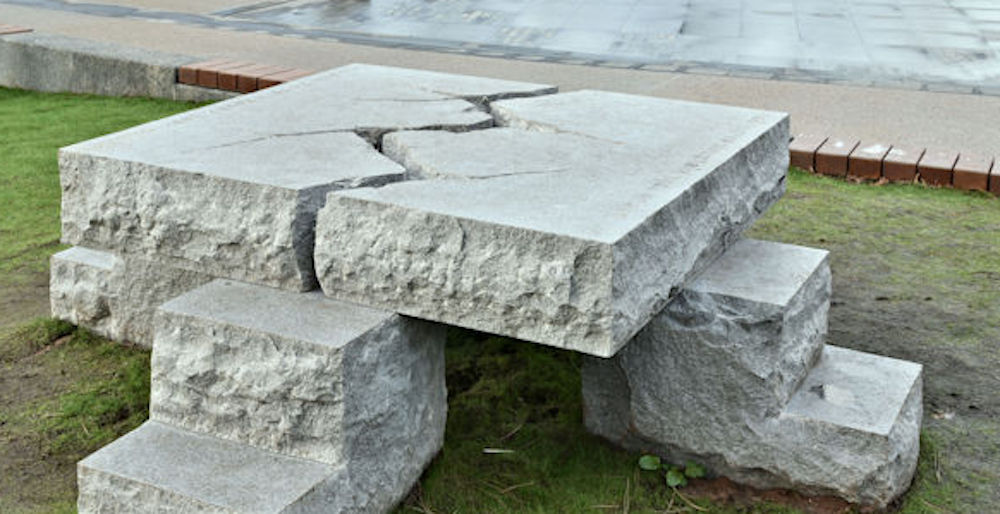We are finally publishing the winners of our much delayed essay contest challenging readers to make their case for which book is the best in C. S. Lewis’s beloved series, The Chronicles of Narnia. Our series kicks off today with Chandler Moore’s case for The Lion, the Witch, and the Wardrobe.
Login to read more
Sign in or create a free account to access Subscriber-only content.
Topics:
